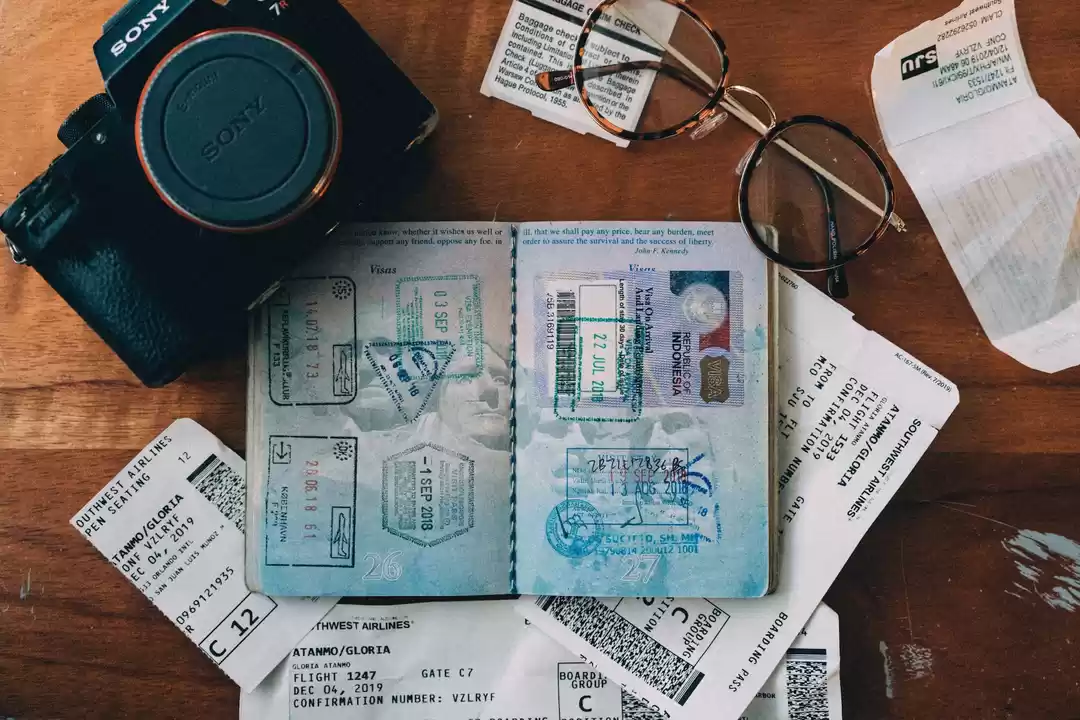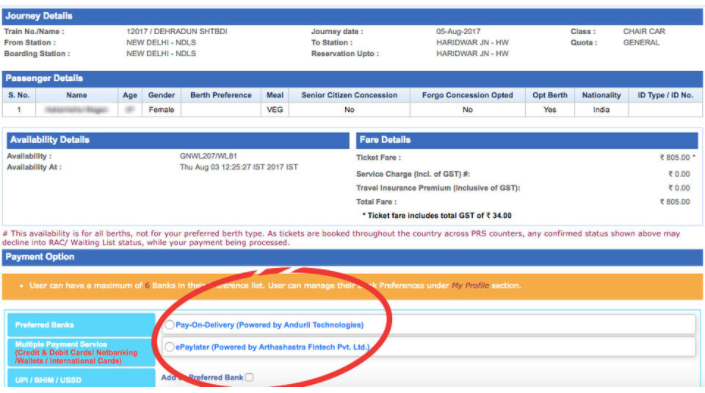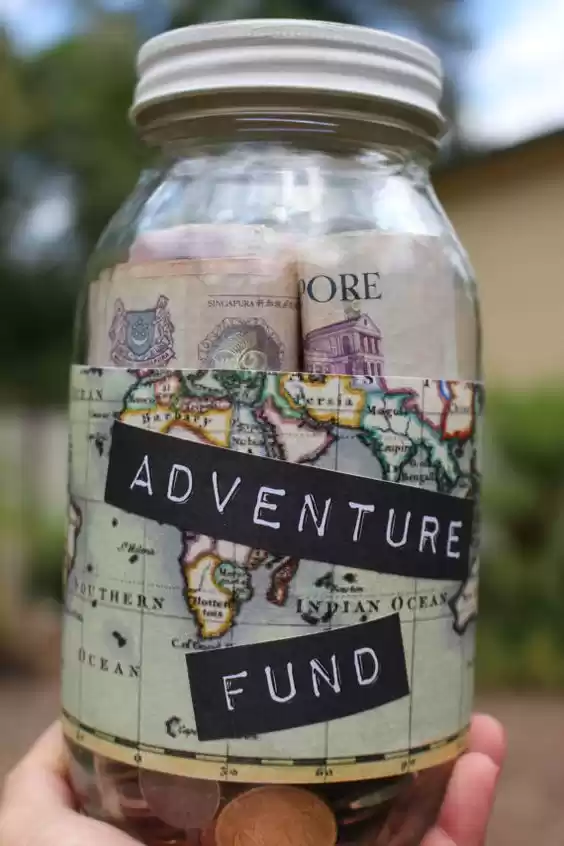
Indian travellers are now spoilt with 'Travel Now, Pay Later' buzzing in the travel industry. With a ton of places to go on their bucket list, especially with international travels, the budget can shoot to the sky. But with a scheme where you can pay later without having to worry on your trips, this new scheme is attracting many.
What is the 'Travel Now Pay Later' Scheme?
Similar to 'buy now, pay later', the travel now pay later scheme encourages travellers to avail travel packages immediately, giving them an option to make the payment afterwards. And the option of paying in installments is even better.
This scheme of paying later provides a chance to travel for anyone who is seeking convenient ways to finance their holiday. A lot of travel operators have witnessed a rising interest in the TNPL scheme.

Rikant Pittie, Co-Founder, EaseMyTrip said, "It is important to note that failure to make timely payments may result in penalties that can negatively impact the traveler's credit score. It is advisable to consider availing the no-cost EMI plan and completing the repayment within a timeframe of 1-6 months. This approach would keep the individual at a benefit."
He said that the monthly installments or EMIs are spread over 12-18 months with an interest rate of 1.25% per month to 12-30% annually.
"Those within the age range of 18 to 34 are enthusiastic about enhancing their travel experiences by considering upgrades and additional amenities," said Pitti from EasyTrip Planners.
On an average an individual transaction ranges from Rs.4,000-6,000 which takes care of the train tickets, hotel bookings and flights.
Consequences of 'Travel Now Pay Later'

India's consumer protection laws lack in safeguarding the consumer, especially when the 'travel now pay later' programme stems from elevated interest rates and non-refundable deposits.
This scheme is well suited for those with a steady income source, which only guarantees their ability to return the loan on time.
Tyagi for CASHe says, "Having a reliable income ensures timely payments, while a history of responsible credit management minimizes risks."
"When booking a trip, many companies require an upfront payment, usually a percentage of the total cost, which is non-refundable. If the traveler decides not to go on the trip or make changes to your plans, they won't get that deposit back. Additionally, they might be subject to additional fees or penalties for cancellations or alterations," said Pittie from EaseMyTrip.
Like any other loan scheme, the TNPL scheme has a credit limit granted based on factors such as the platform used, income level, credit score, and repayment capacity. Failure to dishonour the TNPL agreement can attract severe penalties, affecting the credit score.
Taku from Mobikwik said, "The new generation believes in spending first and saving later. Anybody who does not have visibility of future cash flows should not get these types of loan products," she cautioned.
"Following pandemic related restrictions, the Indian traveller is hard at work to make up for the lost time. To effectively serve this surge in demand for travel and tourism, travel platforms have rapidly enabled 'travel now pay later' services," said Ashish Sidhra, co-founder of Alike.io- Travel tech startup.
The TNPL scheme is very attractive and the Indian traveller is working hard to explore the world to make up for the lost time. If used with caution and mature planning this scheme can turn out to be a boon.
Also read: Cheers to the Exotic Sips: Exploring the Quirky Beverages of Northeast India
Think we missed out on something? Tell us about it in the comments below. Or write about it here on Tripoto and earn Tripoto Credits!
























